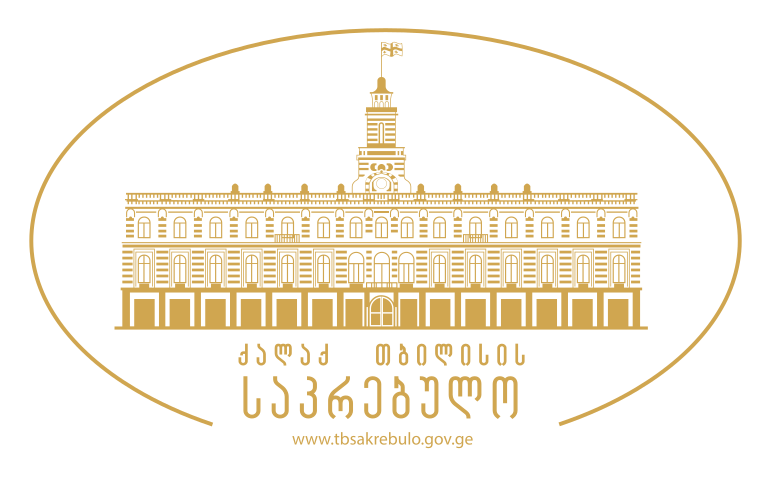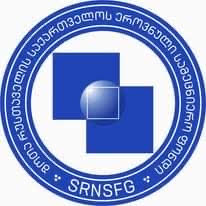Next Gen
-
Adrián Menéndez de la Cuesta González,
‘The Post-Global Closet: Representations and Projections of Sexual Taboos in Twitter-K Pop Fanfiction’ -
Liu Xiaofang,
‘Modern Narratology and Comparative Literature’ -
Zhiyan Liu,
‘Playing a Literature: A Literary Anthropological Study of Online Games’ -
Amandine Guyot,
‘Resistance and Subversion from the Space of the Line: Geocritical Perspectives’ -
Angelina Saule,
‘The Poetics of Eros Redefining the Global: Examples in the Work of Khlebnikov, Quabbani, and e.e. cummings’ -
Anurati Dutta,
‘Queering the Kitchen: Reimagining Intimate Spaces of Queer Bodies in South Asian Literature’ -
Huafei Chen,
‘Comparative Studies on Literature and Dance: An Interdisciplinary and Cross-Cultural Approach’ -
Maéva Boris,
‘Qu’est-ce qu’on genre mondial? Vocabulaire générique et choix d’étiquetage dans les discours critiques sur la littérature mondiale’ -
Asit Kumar Biswal,
‘Beyond Dichotomies: The Question of Location in Reading Literatures of the World’ -
Bianca Quadrelli,
‘Order and Disorder in the Library of Comparative Literature’ -
Davide Magoni,
‘Literary Hybridizations and Contemporary Representations of Space: “Dissonant” Space in Selected Works by DeLillo and W.G. Sebald’ -
Élodie Malanda,
‘La littérature de jeunesse afrofrançaise et afroallemande: Une toute petite littérature?’ -
Emma Pavan,
‘Voices of Space: The Literary Landscape as a Reaction to the Hegemony of History’ -
Eva Lennartz,
‘Growing Up as a Girl in East and West’ -
Martha Swift,
‘”Imagine the Pacific”: Autofiction and the “World Risky Society” in Ruth Ozeki’s A Tale for the Time Being’ -
Ola Sidorkeiwicz,
‘Anthropology of Otherness, Anthropology of Polishness: Witkiewicz, Malinowski, and Conrad in the Tropics’ -
Irina Komakhidze,
‘Existential Motives in the Drama of the Absurd in Samuel Beckett’s Waiting for Godot and Goderdzi Chokheli’s Human Sadness’ -
Ani Javakhishvili,
‘Friedrich Nietzsche and Georgian Expressionistic Drama’ -
Matilde Manara,
‘1922-2022: How to Inherit Modernism Critically? Gender Issues in Anne Carson’s Reading of Marcel Proust’s Á la recherche du temps perdu’ -
Noah Adesogo Oladele,
‘Cyber Identity and Cybercrime as Rhetorical Performances with Literary Significance: A Case Study of TwitterNG’ -
NuNu Balavadze,
‘Free Verse and the Freedom of Expression in Soviet and Post-Soviet Georgian Poetry’ -
Oluwafunmilayo Miriam Akinpelu,
‘Drawing Comparisons between Afrofuturism and Anime by Reading Afro-Animatic Webtoon Red Origins through the Lens of Interactive Storytelling’ -
Tamar Khetashvili,
‘Analyse comparée des images aquatiques chez M. Yourcenar et Othar Tchiladzé’ -
Yangxiaohan Zheng,
‘Barbary Captivity Narratives: Imperial Experiences Lived through Ordeals’ -
Yijia Dong,
‘Transcultural Narratives of Gender, Power, and Urban Space: Chinese Rural Migrant Women in Literary Translation’ -
Yijie Chen,
‘The Reception of Takashima Hokkai’s Shasan yōketsu in China: Focusing on Fu Baoshi’s Translation and Introduction’ -
Yuhua Xia,
‘”Do You Speak Translationese?” A Study of Pseudotranslations on Chinese Social Networks’
The Project was supported by Shota Rustaveli National Science Foundation of Georgia (SRNSFG) [grant number MG-ISE-22-170]


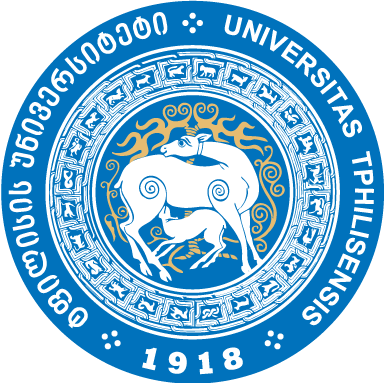


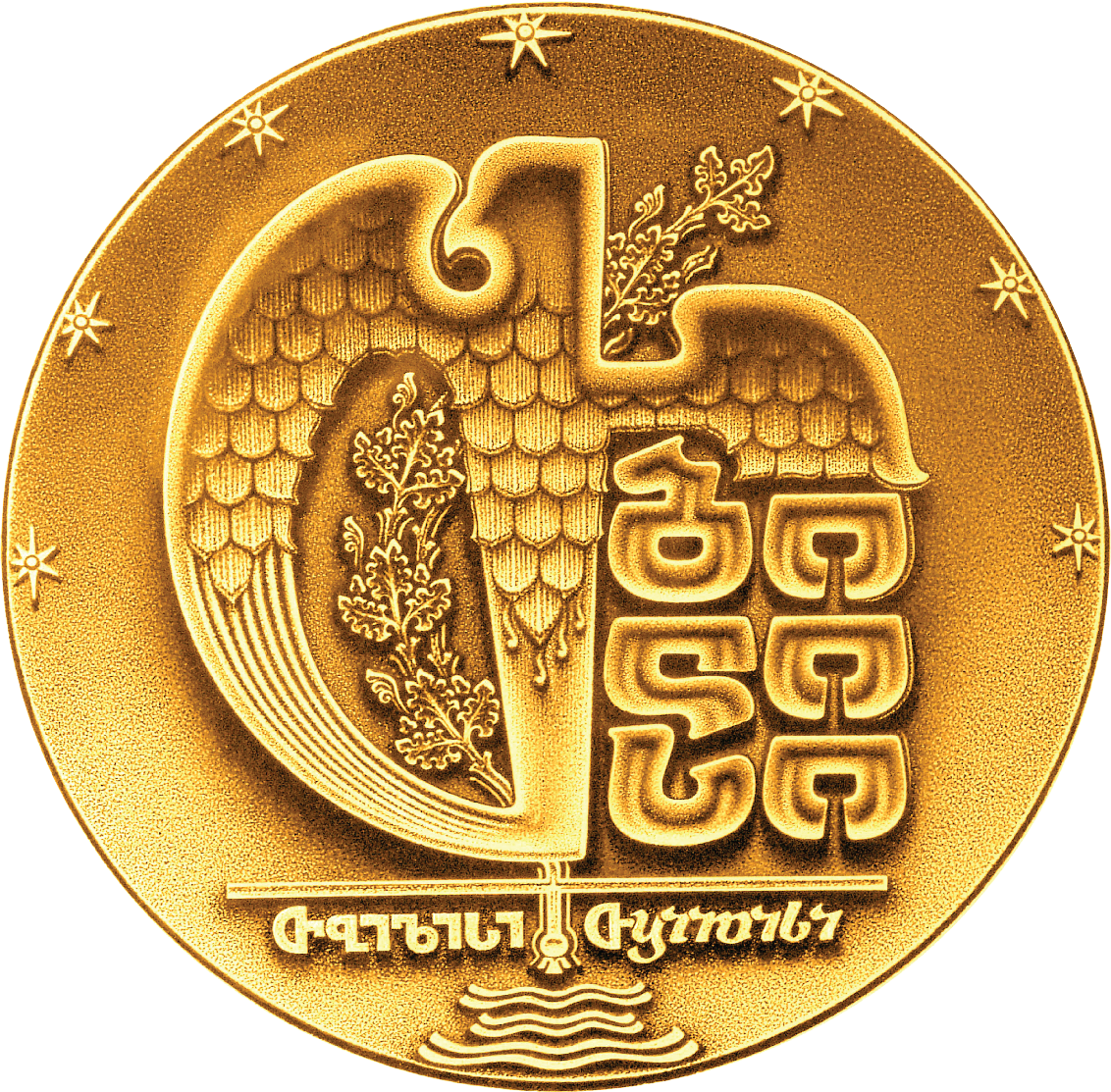

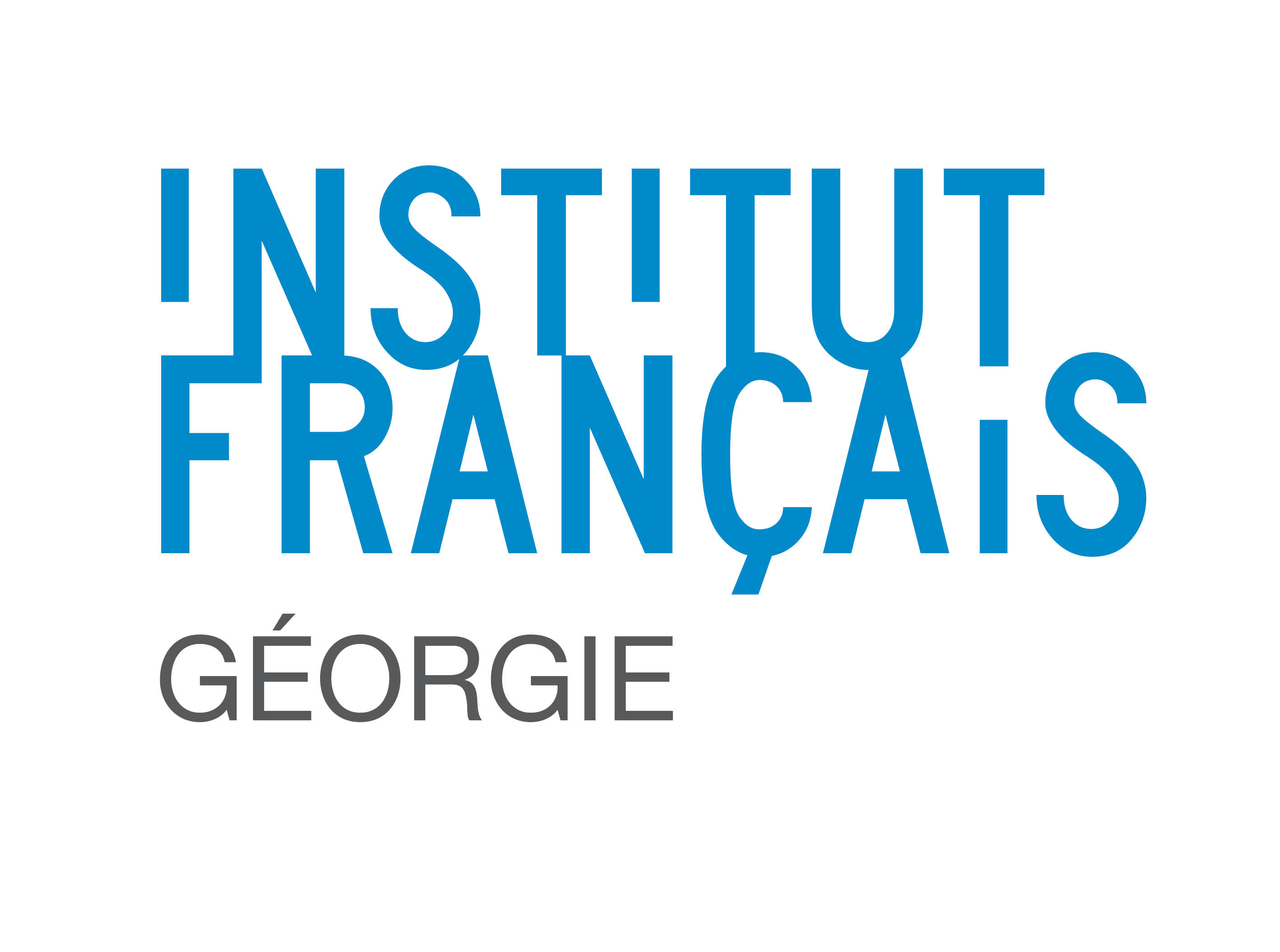




_001.png)

